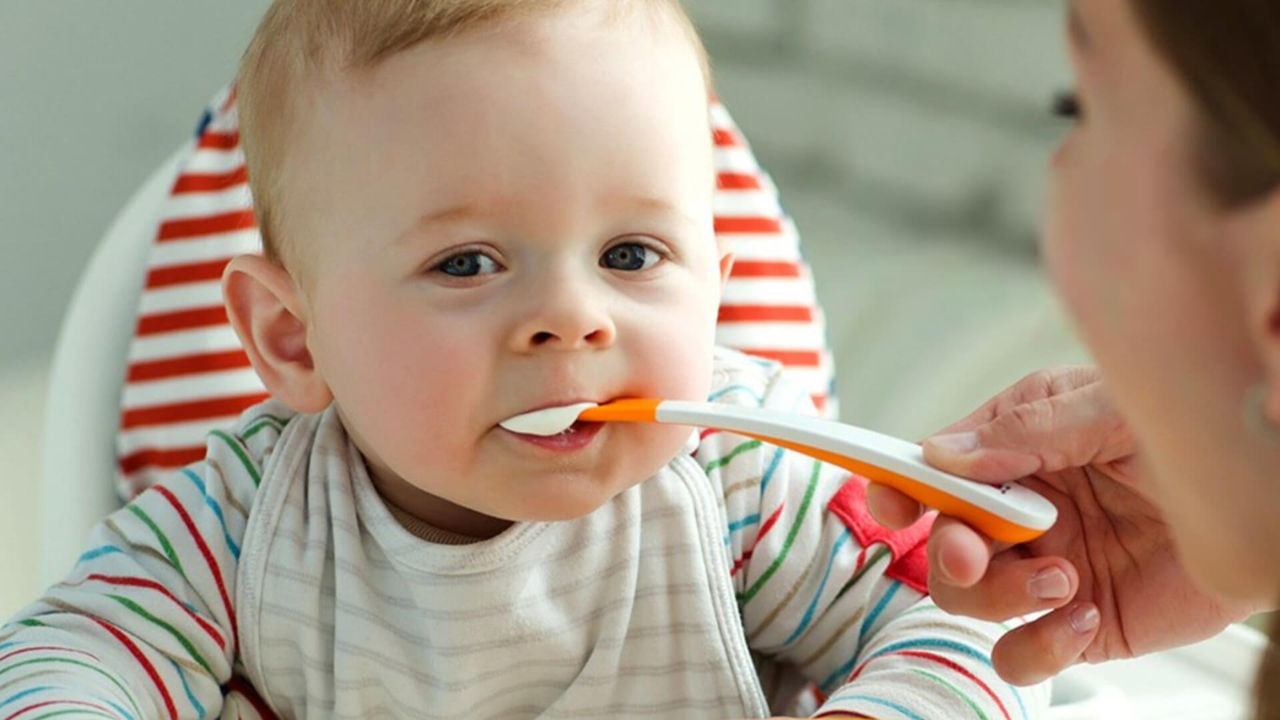Variety — the key to your breastfeeding diet
If you are exclusively breastfeeding, all of your baby’s nutrition comes directly from your breast milk and your healthy diet. Because they taste what you taste, it is a good idea to eat a wide variety of foods while you are breastfeeding as this can influence your child’s tastes later in life.
However, it is not just your baby who will benefit from the nutritional choices you make. Eating well can help you get the energy and nutrients you need yourself to continue to breastfeed, and will help maintain your milk supply.
This is a great time to health-check your diet to make sure that you are getting the key nutrients your baby needs for optimal growth and development.
Eat a variety of foods from each of the food groups
It is recommended for breastfeeding women to eat a variety of foods from each of the food groups every day, including:
- Plenty of vegetables, including a variety of colours, such as broccoli, capsicum, carrots, cauliflower, spinach and corn. You can eat them raw, steamed, baked, boiled or stir-fried.
- Fruits that are in season to add variety and reduce cost
- Wholegrain sources of bread, pasta, rice and cereals
- Protein from lean meat, poultry, fish, eggs, lentils, nuts and seeds
- Dairy foods, like milk, cheese and yogurt or dairy alternatives
Foods high in sugar and calories often lack nutritional value. For a longer-lasting energy boost, try a handful of sunflower or pumpkin seeds, a piece of fruit or raw vegetables dipped in hummus as snacks.
Stay hydrated
Drinking fluids is extremely important for maintaining your breast milk production. Drink 2 litres a day — or 8 glasses. Water is the very best for hydration, but you can include milk as well. It is advised to limit fruit juice, because of its high sugar content.
Limit caffeinated tea and coffee, and the safest option is to avoid alcohol, which can all be passed on through your breast milk.
Should you eliminate foods in your diet when breastfeeding?
If your baby is unsettled or cries a lot after a feed when you have eaten a specific food, speak to your doctor about the possibility of eliminating it from your diet. It is important not to unnecessarily restrict your diet from the variety of foods you require during breastfeeding.
Taking vitamin D for your baby’s bones
Vitamin D, known as the sunshine vitamin, is a support for normal bone development. Some foods contain vitamin D, such as dairy products and eggs, but the main source of vitamin D is through sunlight on your skin. A daily walk wearing a hat is a great form of exercise and a way to get enough vitamin D.
Iodine
The NHMRC and the New Zealand Ministry of Health recommend that pregnant and breastfeeding women take an iodine supplement of 150mcg/day in addition to including foods in the diet that contain iodine, such as well-cooked seafoods, dairy foods, eggs and fortified breads. Iodine is important for normal growth and development of a baby.
Long chain polyunsaturated fatty acids
Research shows that there are 2 types of long-chain polyunsaturated fatty acids (LCPs) — AA (Omega-6) and DHA (Omega-3), found naturally in breast milk. DHA contributes to the visual development of infants. Foods rich in Omega-3 include oily fish, such as canned tuna, sardines, salmon and mackerel, as well as nuts and seeds.
Breast milk is the best source of nutrition for your baby, and by ensuring you maintain an appropriate diet during breastfeeding, you’ll optimise the nutrients you can pass on.





